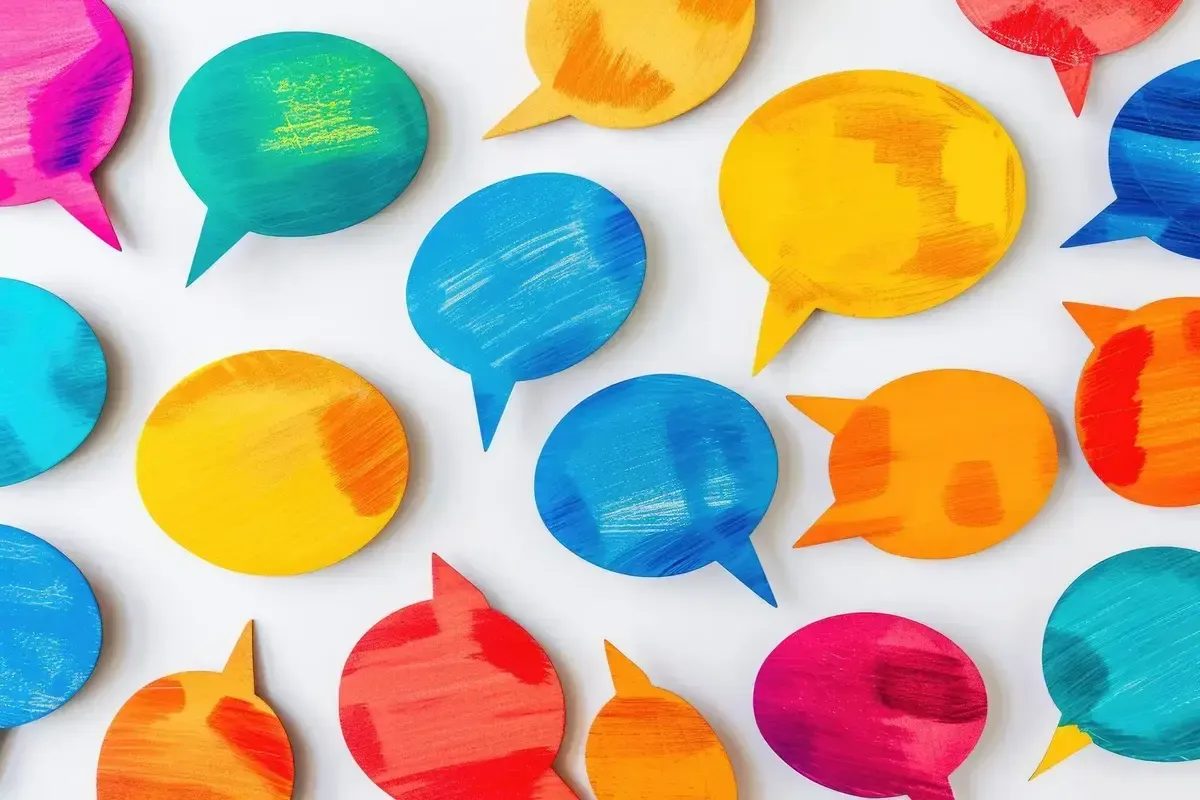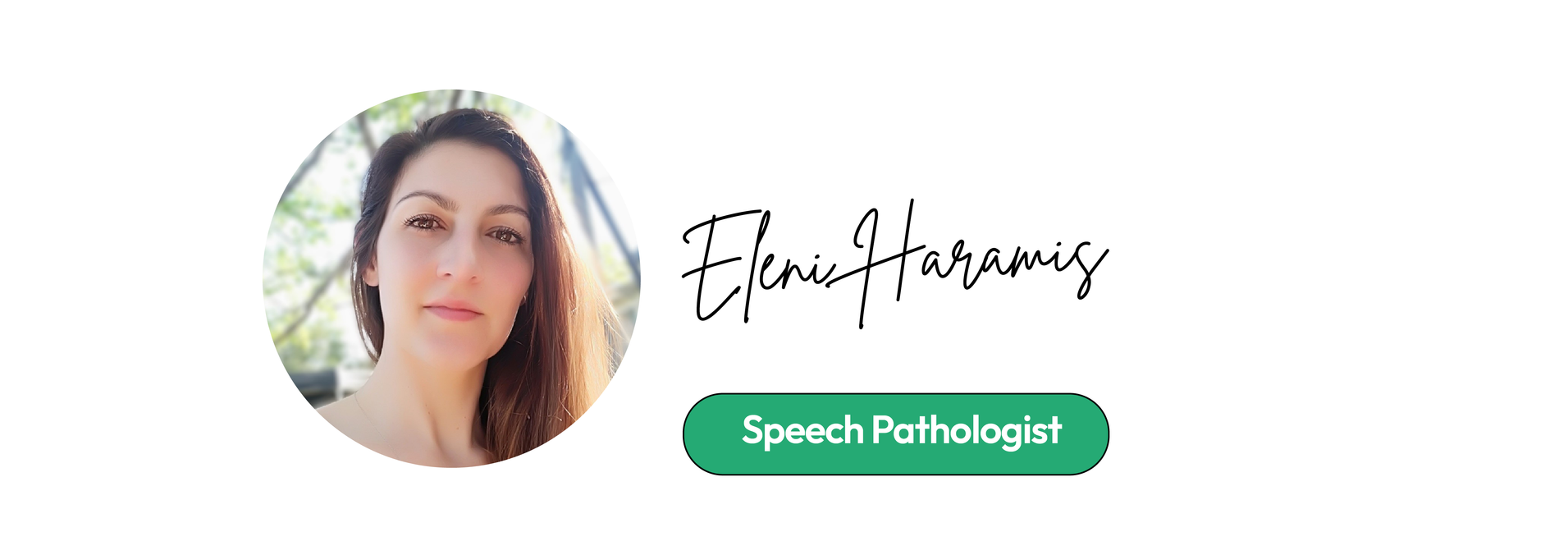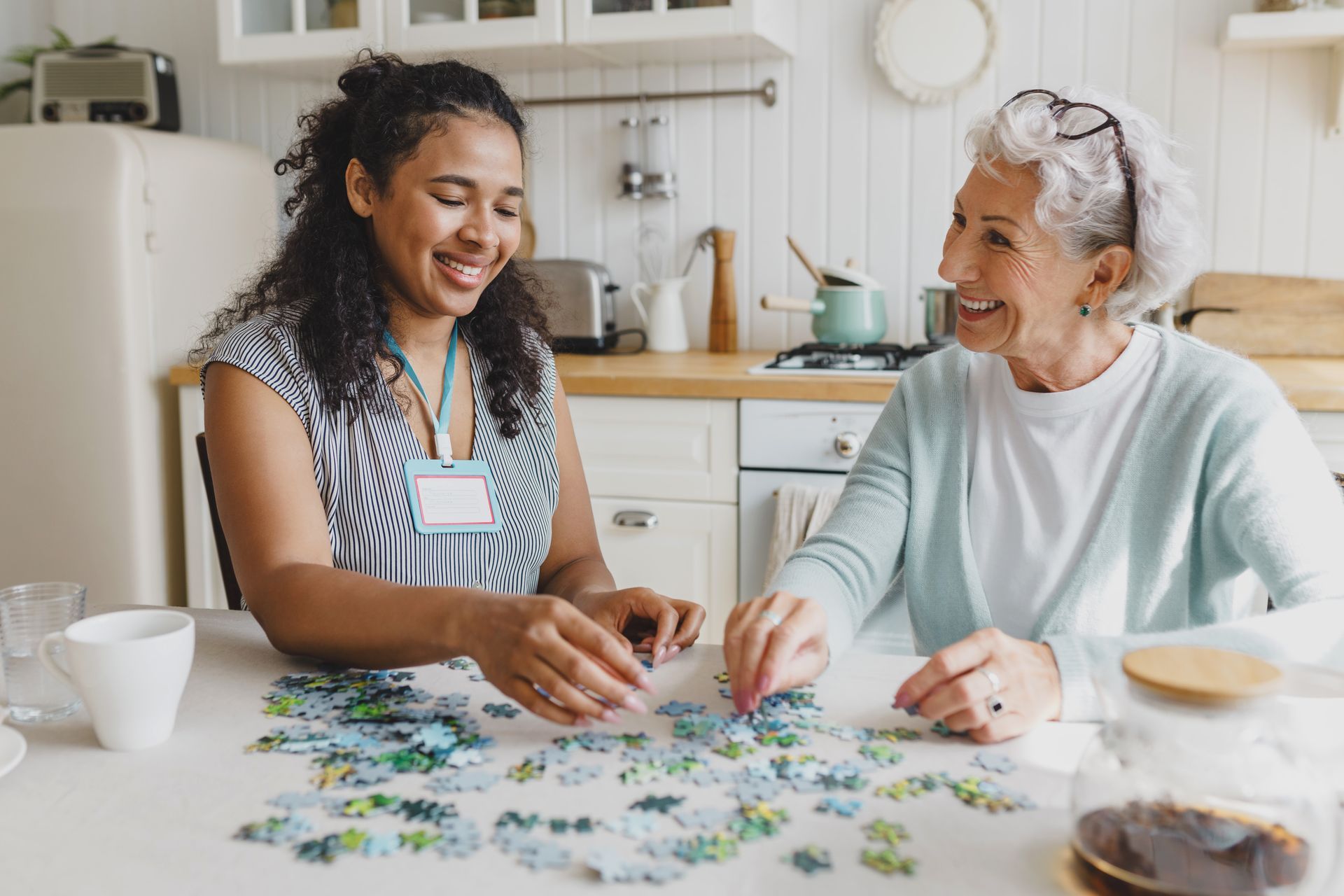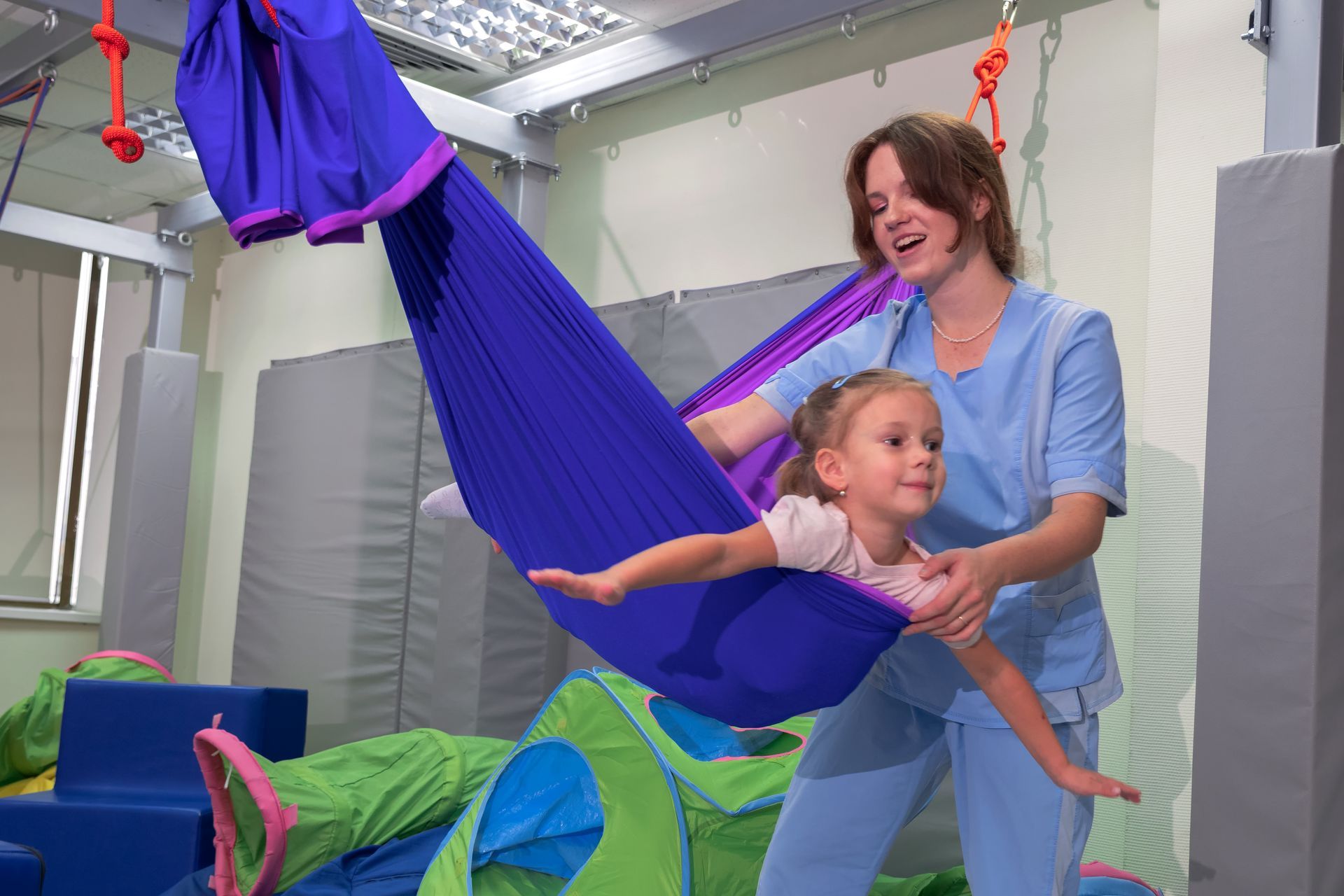The Life of a Speech Pathologist

In the dynamic world of speech pathology, every day is different, and that's exactly what keeps Eleni Haramis, Senior Speech Pathologist, passionate about her work. From the laughter of children exploring new words to the meaningful interactions with clients who have overcome significant life challenges, Eleni's days are filled with moments that remind her why she chose this profession. Whether she's on the road visiting clients, supporting them through complex communication needs, or making a difference in their daily lives, Eleni's dedication to her work shines through. Join us as we take a glimpse of a week in her life, where every interaction is an opportunity to learn, grow, and make a lasting impact.
A week in the life helpz's Senior Speech Pathologist, Eleni Haramais
Eleni shares her week
Each day can look very different, which is one of the aspects I love about this job. There is never a dull moment and never a day where I am not learning something new or making a difference to someone’s life. A good day is when I’m out on the road doing the job I love.
Monday starts off at a childcare centre surrounded with about ten 3 year olds diving into your therapy suitcase. You then attend to a gentleman who has a history of living in institutions, but is very grateful to be in his own apartment with drop in support. A walking encyclopedia of knowledge bursting to share his knowledge and passion for music from the 60s and whilst no eye contact is made due to trauma, his face lights up and appreciates you playing the songs that he adores from this thing called YouTube or Spotify. A few calls and emails later, you end the day with an after school visit to a beautiful non verbal teenager who uses LAMP to tell you all things she wants and a polite way of saying ‘goodbye’ when it’s time for you to leave.
Tuesday, you arrive in Sydney and your first visit is with a day program but you find yourself attending ICU for a client for whom the visuals, social stories and videos you have put together just add ‘normality’ to her and her family. You then do a home visit for another client who also landed in ICU with heart failure, only to watch her eyes and smile shine from walking through the door knowing she will get to sing her favourite songs and read her favourite books. The day finishes with a visit to supported accommodation with a handful of clients in their 70s, where you find yourself balancing the dynamics of the environment and client needs, making sure everyone is safe to swallow.
Wednesday, on the road again to visit more clients, whether it’s a swallowing and communication intervention or teaching another client how to use their switches to communicate, followed by supporting a palliative client to manage her feeds and finishing off with another client in a unit nearby who needs a review to make sure she can continue being herself.
Thursday is a very insightful kind of day with you finalising case notes.
“Choose a job you love, and you will never have to work a day in your life” - Confucius.

As Eleni wraps up another week of diverse and meaningful interactions, it's clear that her love for speech pathology goes beyond just a job—it’s a calling. Each day, she brings compassion, experience and a genuine desire to help her clients communicate and thrive, regardless of their circumstances. Eleni’s journey as a speech pathologist is a testament to the impact that dedicated professionals can have on the lives of those they support. As we celebrate Speech Pathology Week, we’re reminded of the incredible work that Eleni and her colleagues do every day, making the world a more accessible and communicative place for all.
At helpz, we are proud to have passionate and dedicated professionals like Eleni making a difference in the lives of our clients every day. If you or someone you know could benefit from speech pathology services, or if you're interested in learning more about how our team can support you, please each out.







